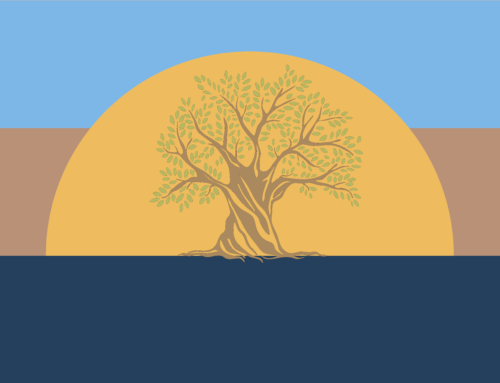(By Simone Perotti)
Larnaka, 25 September 2016, on board Mediterranea.
Christina and Nicholaos, representatives of the Famagusta Ecocity Project (go and see on the web, it’s worth), have the faces of young hopefuls. The first news of this our exploration of Cyprus is thus that after 42 years of horrendous conflict, war, walls, death, two young guys can be born that way. And that’s great news. They represent, together with their Director Vasya Markides, a project to bring a solution to the vexed question of the Ghost Town, the abandoned and forbidden town of Famagusta 6 square km closed with barbed wire, inaccessible, since 1974, remained crystallized with still parked cars, cups of coffee on the table of the apartments, the windows opened and now smashed by the wind, the clothes on the hangers in clothing stores. Since that day, this place is not a no man’s place.
I ask them about Cyprus, Famagusta, about the reasons why that area was closed and made inaccessible to the invaders and invaded, excluded from the world. “They wanted to make probably barter with something, to exchange it with something else, but since then nothing has happened.” I object that a writer of noir stories would be entitled to assume that there is something underneath, some secret, since after a few years it became quickly apparent the futility of that attempt. Nicholaos thinks there is nothing hidden, Christina yes. Of course, after a few years, given the nature of the relationship between the parties, it was immediately clear that that area of the city wouldn’t have been useful for any negotiation, and would have remained as a dead land. So why it was rendered untouchable and inviolable so far?
“There should be a testimonial, someone who speaks about Cyprus.” The advice comes from me, and I hope I have not said a triviality. I was tempted when we measured with what the world knows of Cyprus. “No way. Nobody knows anything” erupts Christina, “when I went to study in the USA no one knew anything of my country divided!”. Nicholaos also confirms: “In London I met the first Turkish Cypriots of my life. Students like me. Lovely people. No one could believe that at home we were so dramatically divided… “.
The last wall, Cyprus. It came out like a mushroom overnight in 1974 when Turkey invaded the island to defend it, according to the Anatolian claim, from an imminent coup against the Turkish minority. Or, instead, merely for expansionist reasons as ensure the Greeks. “What kind of history do you tell and teach on both sides? Each of them perpetuates the law of the good against the evil enemy. So you will never solve anything! “We have to be very careful, so polite to tell everything to the kids, otherwise it is a loss.” I think, and I say loudly, that the only story to be told is the “History of a mistake“, as it is always the story of a war. Indeed, two errors, since the war, like love, is getting two. Here, perhaps, the plot of a story of peace, which can push the younger generation to think differently.
“We are isolated, no European politicians come here to see. Cyprus is not part of the political agenda of any European representative. Or any other country. We are alone, but maybe,” says proudly Nicholaos “this is a good point. We are Cypriots, we have our own culture, and we will solve our problems in our own way, quietly, with dignity, This island is ours.” I disagree, as a European citizen and especially as a Mediterranean citizen, but do not insist. His dignity and his firm and gentle confidence, are too much in to estinguish with some common sense.
We tell them the idea of a united Mediterranean, the “United States of the Mediterranean”. The boys are excited. They feel that the direction is the same as they are looking for them. When EU was thought for the first time, things were even worse than they are now in the Mediterranean. Perhaps there is hope. For Cyprus. For all of us.






Leave A Comment